LATEST INSIGHTS
Your Present Location: LATEST INSIGHTS-

US protests expose a 'failed state' as officials resort to blame game
As the world watches the US being confronted with massive riots, looting, chaos and heightened violence, US officials, instead of reflecting on the systematic problems in their society that led to such a crisis, have returned to their old "blame game" against left-wingers, "fake news" media and "external forces."
2020-06-02 -
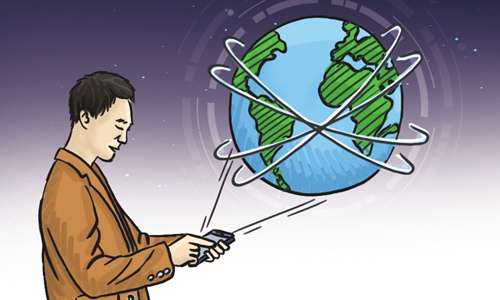
William Jones: Decoupling with China will only lead to war
Some people were no doubt disconcerted when President Trump, in a fit of desperation over the mounting death figures from the coronavirus, mooted the possibility of severing all ties with China.
2020-06-02 -
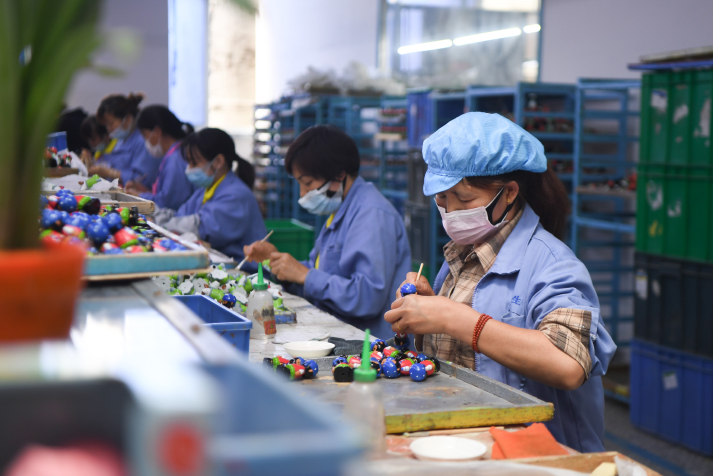
John Ross: The decisive role of poverty reduction in China's 2020 targets
The centrality of poverty reduction to China's state policy was once more strongly emphasized by the Report on the Work of the Government to this year's full session of the National People's Congress, China's top legislature. The novel coronavirus outbreak has evidently struck a heavy blow to the Chinese economy, and the pandemic's indirect international consequences are creating the greatest global economic downturn since the Great Depression, which will weigh negatively on China throughout this year. For this latter reason, as is well known, China took the unusual step of not setting an economic growth target for 2020. But the commitment to eliminating poverty was emphatically retained within the government's program.
2020-06-02 -
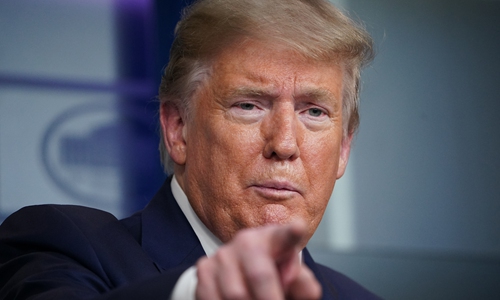
Wang Wen: How to measure Trump’s impact from Yiwu
When US President Donald Trump announced sanctions against Hong Kong and expelled some Chinese students last week, I was doing field research in Yiwu. Most of Trump's campaign souvenirs are made in this Eastern China city, which is also the world's biggest trading center of small commodities.
2020-06-02 -
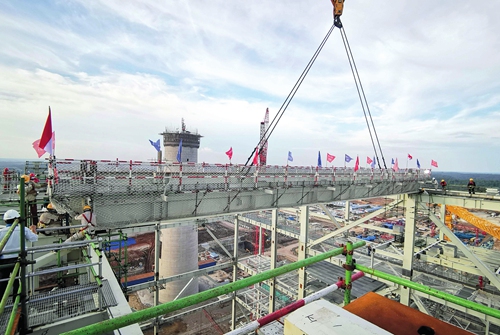
BRI projects and deals accelerate despite slander from Western media
From the Diamer-Bhasha Dam project, a hydropower station in Pakistan under the China-Pakistan Economic Corridor, to the Australian state of Victoria's recent deal with China, moves by Belt and Road Initiative (BRI) participants indicate the China-proposed initiative is accelerating its progress despite being slandered by some Western media.
2020-06-02 -
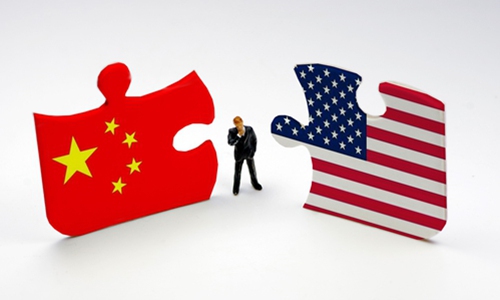
William Jones: Which way will the international winds blow after COVID-19 pandemic?
As President Trump announced that he will hold a G7 Summit at the White House in June, in the hope of bringing the world economy back into operation after the lockdown of a large amount of world production during the COVID-19 pandemic, he will no doubt also make a concerted effort to pull the large G7 countries behind his campaign of ostracizing China. And while the other major countries will probably come to Washington at Trump's invitation, it is far from clear that they will follow his lead in this ill-designed campaign.
2020-06-01 -
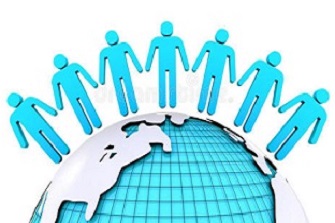
How is the resumption of work in the U.S. going?
After the United States government issued its "open American guidelines," a three-phased approach to help states reopen economies from April 17, most states have begun some reopening measures with significant differences in time.
2020-06-01 -
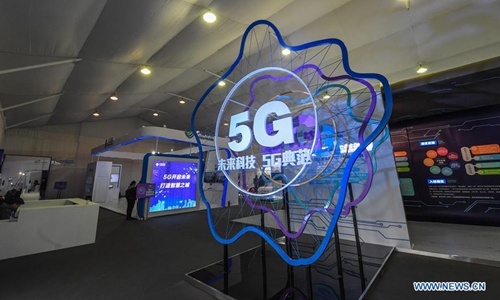
John Ross: Why the US is intensifying its attack on the UK over Huawei
The connections may not immediately seem evident between COVID-19, Brexit, and the new intensified drive by the US to try to force Britain to cut Huawei out of its 5G network. But they immediately become clear when the present economic, and therefore geopolitical, consequences of the US and UK governments' catastrophic errors in mishandling COVID-19 are understood.
2020-05-29 -
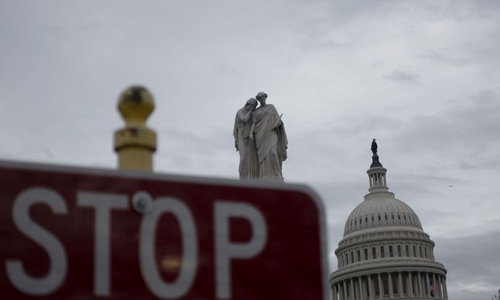
Zhao Minghao: 100,000-plus American COVID deaths, Trump’s art of the deal?
The US coronavirus death toll has officially surpassed 100,000. This is sad, but for US President Donald Trump, such a number is not shocking at all.
2020-05-29 -
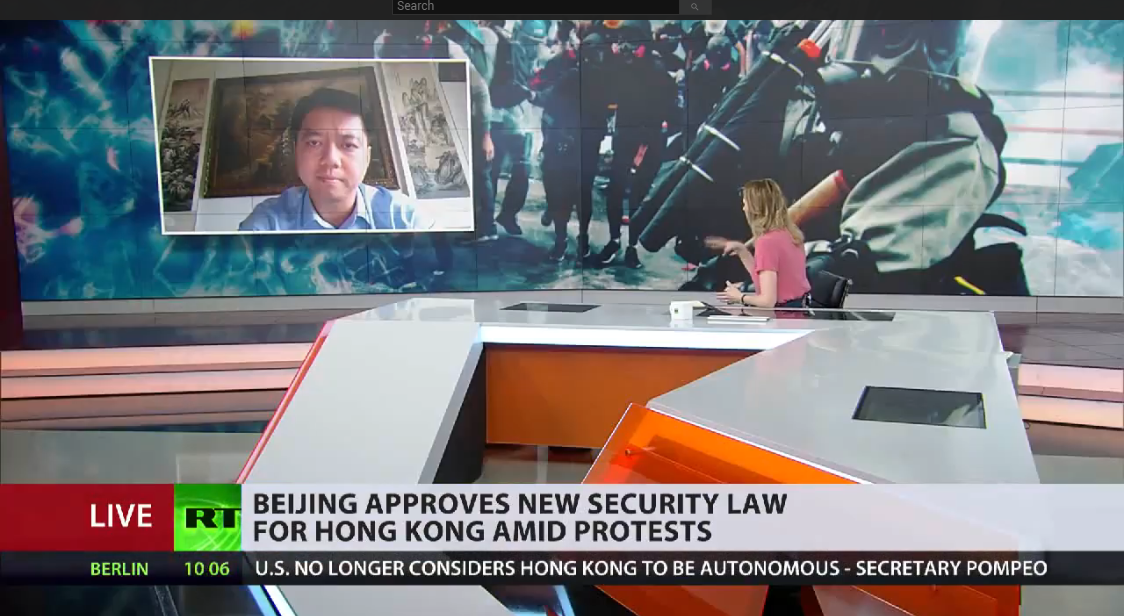
Wang Wen: Don't forget that the full name of HK is HKSAR, foolish for Trump to interfere HK affairs
Wang Wen, Executive Dean of Chongyang Institute for Financial Studies at Renmin University, shared his insights in an interview with RT on HK situation.
2020-05-29 -

Scholar who conquered summits in Asia, Europe & Africa reflects on mountaineering inspiration to the country
A Chinese surveying team reaches the summit of Mt. Qomolangma on May 27, 2020. In order to pay tribute to the brave climbers, we shared the mountaineering experience and thoughts of Wang Wen, Executive Dean of Chongyang Institute for Financial Studies of Renmin University of China (RDCY) , who had reached the top of Asia, Europe and Africa. This article is based on the author's experience after climbing to the top of Kilimanjaro in February 2019.
2020-05-28 -
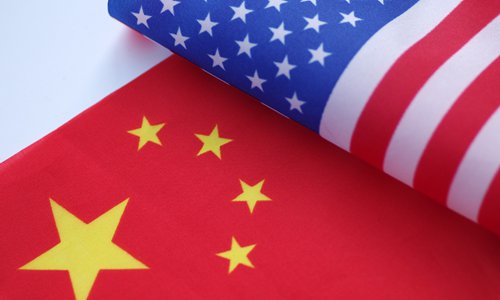
How do experts view financial conflict of top two economies?
Some US politicians have been relentlessly pursuing an escalation in tension with China for the sake of short-term political interests, even at the cost of the US' leading financial position in the world. With the Trump administration claiming to announce a "strong response" this week to intervene in China's domestic legislation, as well as recent US politicians' insults about Chinese companies listing on American stock markets, global investors are concerned that the US might start a "financial war" with China. In interviews with the Global Times, two Chinese economists noted that although a comprehensive financial war is not likely, conflicts is inevitable due to US politicians' political schemes, which will hurt China but will also damage US financial sectors.
2020-05-28 -
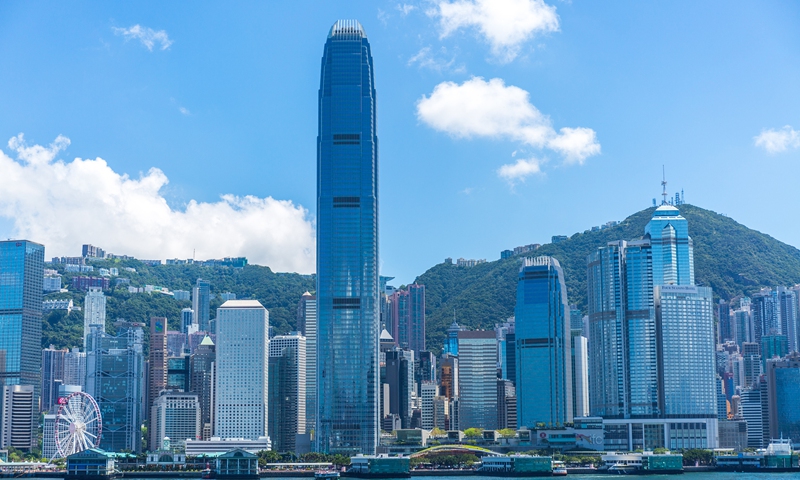
China determined to fix HK national security loophole, ready for potential US sanctions
No US sanctions or “cancellation of Hong Kong’s special status” will sway China’s determination to fix national security loopholes in Hong Kong as the central government must have had taken into consideration possible US responses and is preparing for countermeasures, Chinese experts said.
2020-05-26 -

Economy likely to maintain stable growth
Despite the lack of a GDP growth target, the economy will probably remain stable this year, with government policies focusing on ensuring employment and livelihoods.
2020-05-26 -
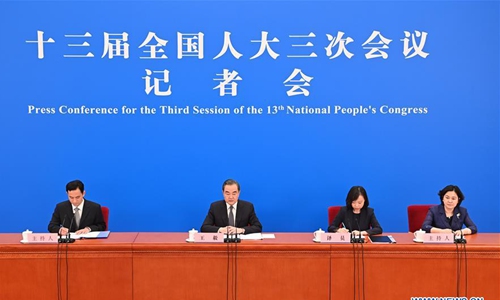
Chinese professors dismiss 'wolf diplomacy' theatrics
In the post-epidemic age, how will China cope with hot-spot issues such as China-US bilateral ties and the Taiwan question? How should we view the so-called wolf warrior style of diplomacy? Two Chinese experts shared their insights with the Global Times on these points.
2020-05-26 -
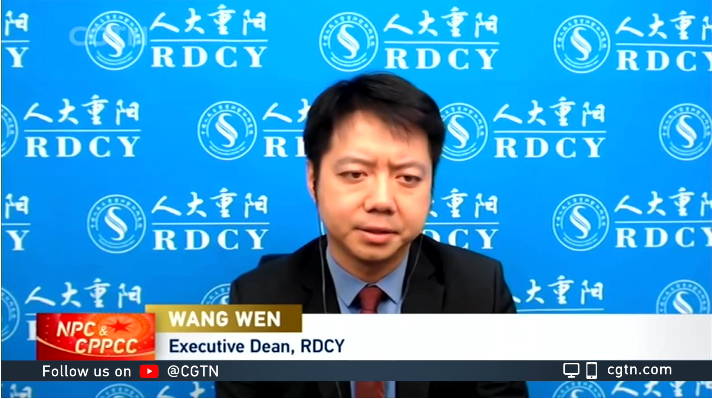
CGTN interview: The world after the COVID-19 pandemic
COVID-19 is without question the worst health crisis of the modern era. And the impact it has had on international relations so far has been mixed. How will the events of 2020 shape China's future ties with others in the post-pandemic era?
2020-05-26 -
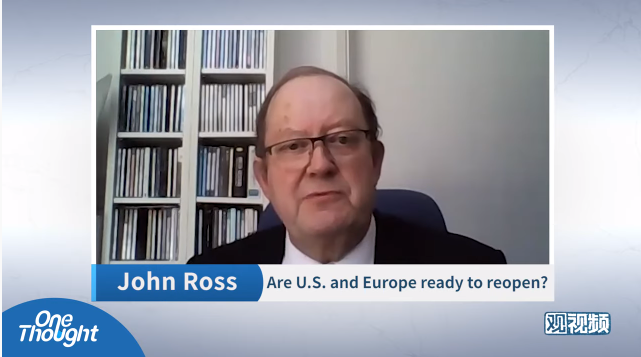
John Ross: Who is Pushing to Reopen Economy in U.S. and Europe?
Where is the balance between Economy and Pandemic? The Answer is NO! There is no Balance in between. Then Who is pushing US and Europe to reopen economy? John Ross, senior fellow of Chongyang Institute for Financial Studies at Renmin University of China, is here to explain the situation.
2020-05-25 -
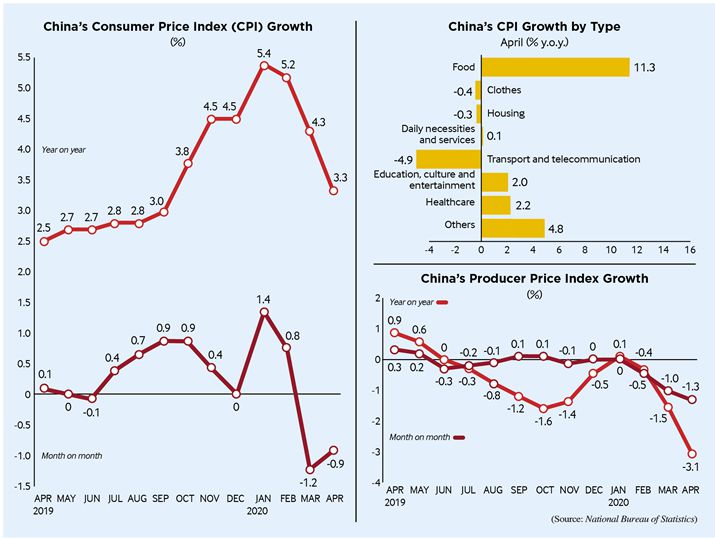
He Weiwen: Why No GDP Target in China’s Government Work Report for 2020?
Contrary to the general expectation, Premier Li Keqiang’s The Government Work Report at the opening session of NPC on May 22 does not set a GDP growth rate target for 2020, the first time since China’s reform and opening-up. It is a practical and reasonable consideration due to the unprecedented outbreak of COVID-19 which brought China’s economy to a halt for over two months, and a caution on the tremendous uncertainties brought by the worldwide rampant virus spread and the worst recession since the Great Depression in the 1930s.
2020-05-25 -
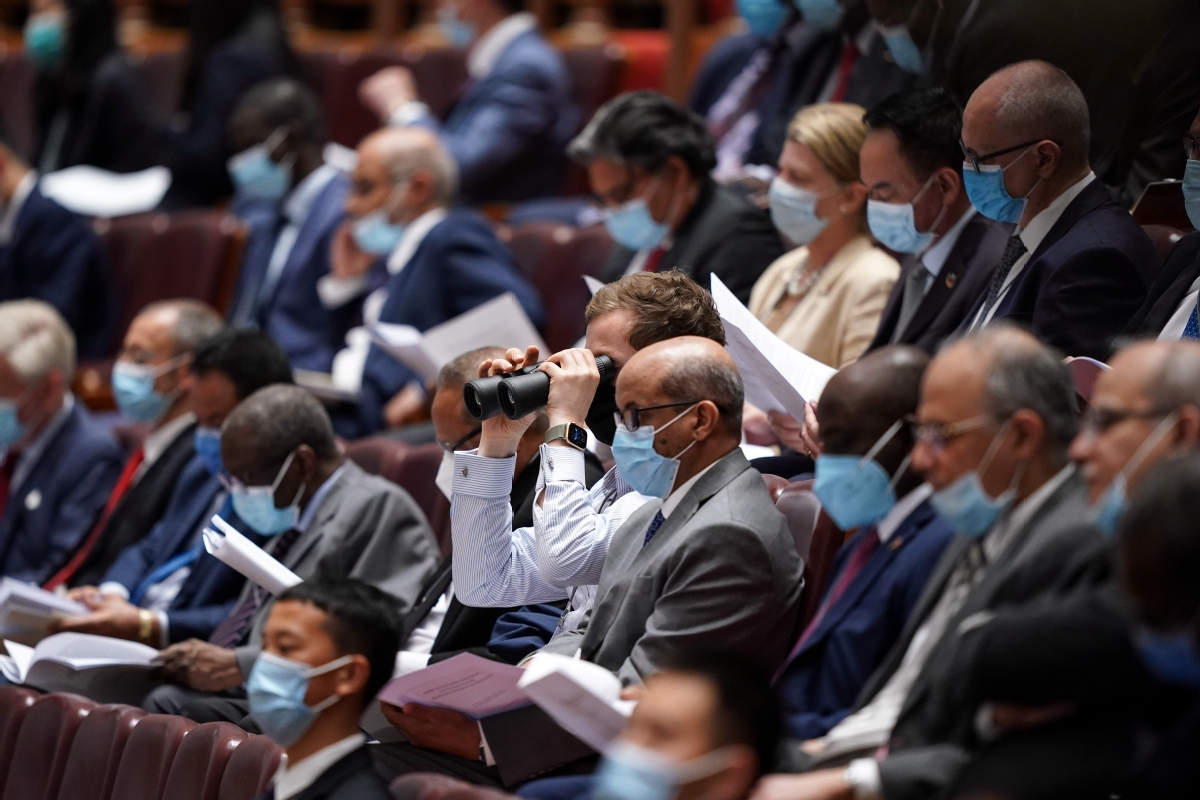
Nation focuses on quality development
China's decision not to set a GDP growth target this year does not mean it has attached less importance to economic growth, but instead shows the authorities are paying greater attention to high-quality development, economists said after Premier Li Keqiang delivered the Government Work Report to the opening of the third session of the 13th National People's Congress on Friday.
2020-05-25 -
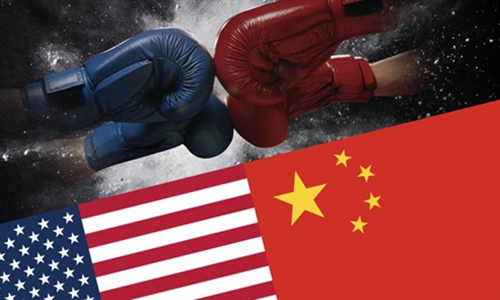
Wang Wen: US launches Scold War, not Cold War
On March 2, when fewer than 100 confirmed cases of COVID-19 hit this North American country, in my column, I predicted there would be "a large-scale coronavirus outbreak in the US." Recently my role flipped: While the majority felt pessimistic, I became an optimistic.
2020-05-25
























































































 京公网安备 11010802037854号
京公网安备 11010802037854号





